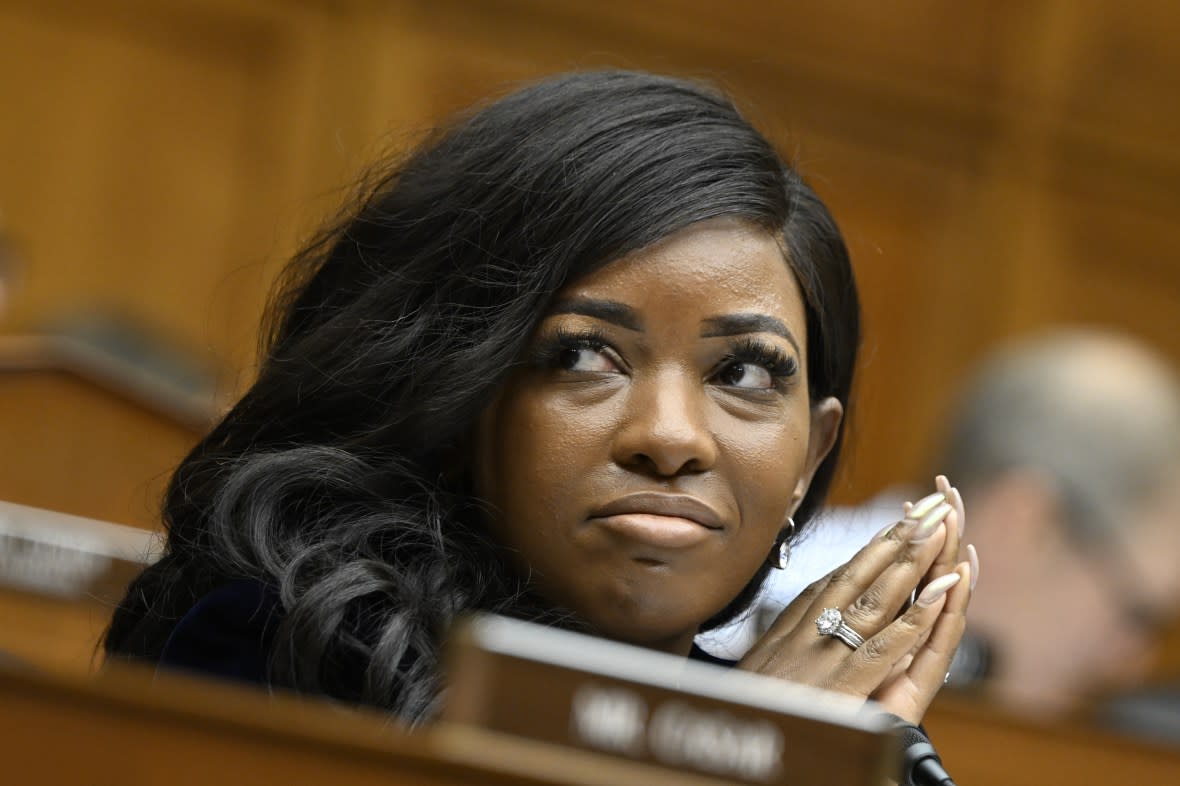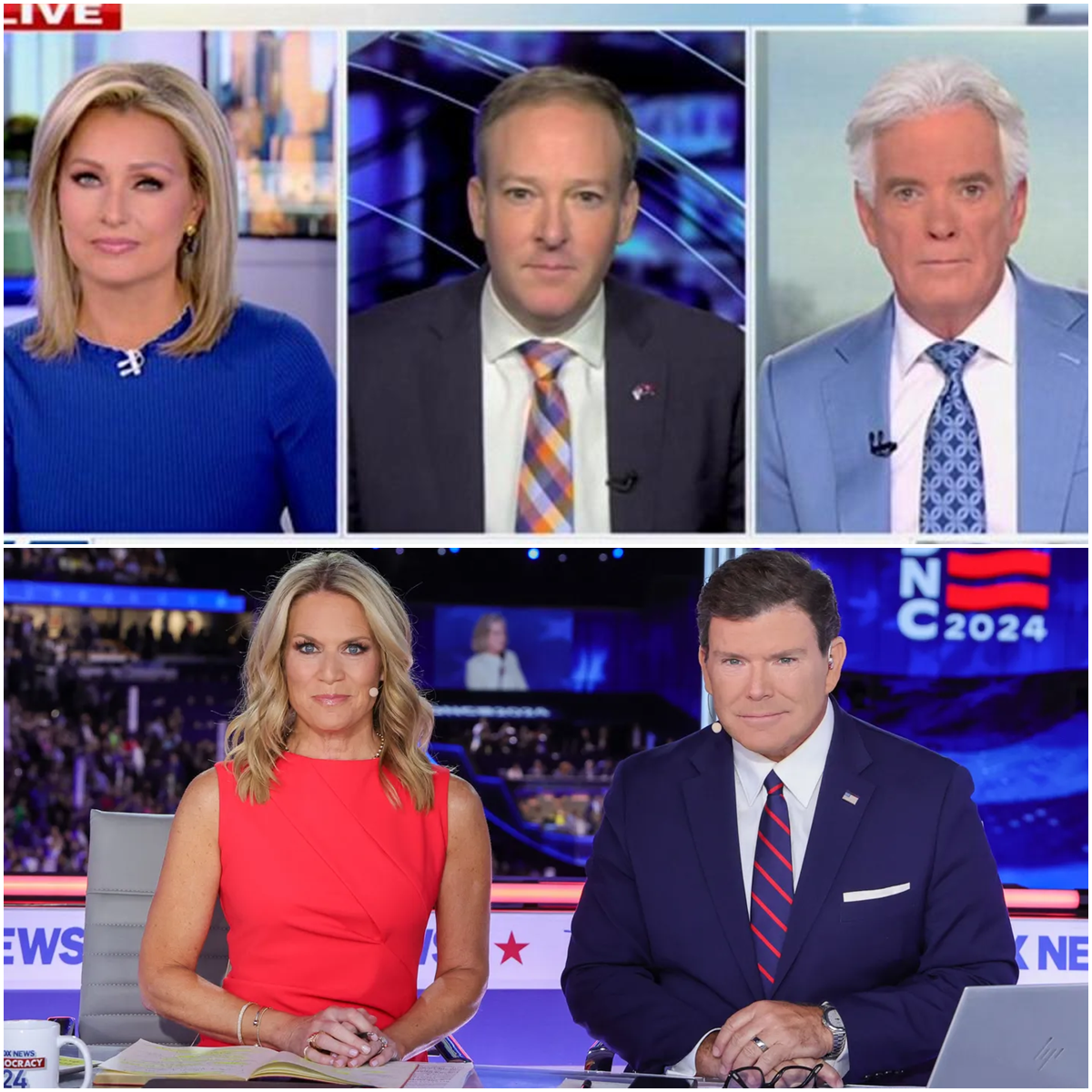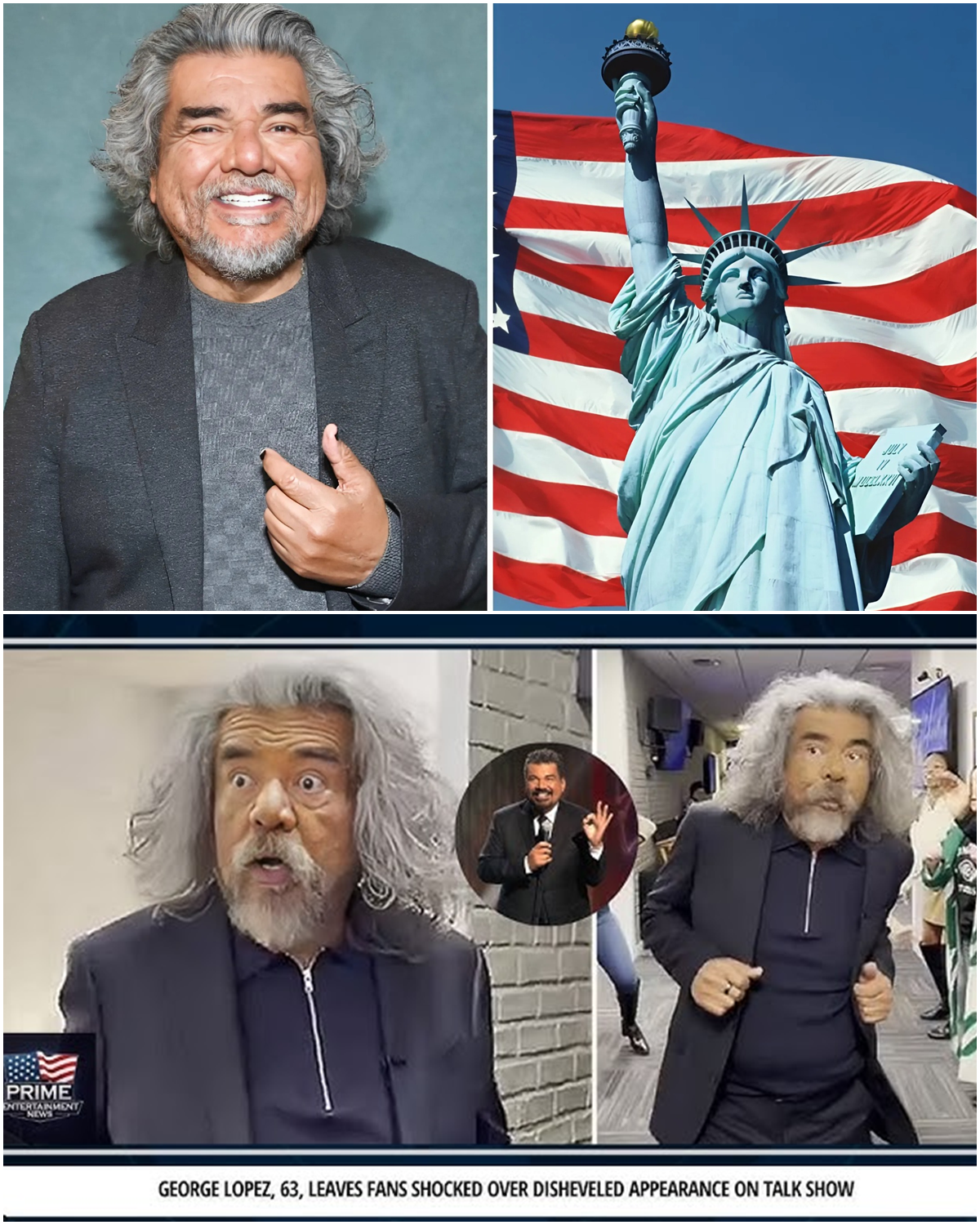
Jasmine Crockett’s Controversial Comments: A Sign of Deeper Trouble Within the Democratic Party?
Representative Jasmine Crockett, a rising Democratic star, has found herself at the center of political fire after making comments many consider racially insensitive and tone-deaf. During a recent rally, she attempted to draw a connection between the current immigration crisis and America’s history of slavery—remarks that left many in the crowd stunned, and social media ablaze.

In the now-viral video, Crockett questioned why Americans weren’t taking jobs in agriculture, pointing out that only immigrants seem willing to do such work. She joked, “Ain’t none of y’all trying to go and farm right now,” and added, “We done picking cotton.” Though possibly intended as a sarcastic jab, her words struck a nerve, particularly among those who viewed them as a disrespectful oversimplification of Black history and current economic issues.
A Bigger Problem Than Just One Comment?
This isn’t the first time a politician’s offhand remark has caused outrage—but this incident feels different. Crockett’s comments appear to reflect a deeper struggle within the Democratic Party: the growing tension between identity politics and real policy-making.
Many critics argue that Democratic leaders are spending too much time trying to “look” progressive rather than actually pushing for meaningful solutions to issues like immigration, inflation, or crime. Buzzwords and performative speeches may trend on Twitter, but they don’t fill grocery carts or make communities safer.
Crockett’s approach—attempting to highlight labor gaps through racialized language—has been seen by some as a distraction from real solutions. Why are farm jobs going unfilled? What role has policy played in shaping that labor market? These are valid questions. But critics argue Crockett answered them with sarcasm rather than substance.
The Double Standard Debate
The media’s reaction to the Crockett controversy has only added fuel to the fire. Many conservative commentators say if a Republican had made similar comments, the backlash would have been swift and severe. In contrast, Crockett’s remarks have received relatively light coverage from mainstream media outlets.
Fox News host Jesse Watters called out this perceived double standard, labeling her comments as racist and harmful. He also argued that immigration policies are pushing American workers out of stable, blue-collar jobs and driving down wages—especially in urban communities already struggling economically.
Whether one agrees with Watters or not, his comments reflect a broader frustration: when offensive or divisive rhetoric comes from the political left, it’s often treated as a minor misstep rather than a major scandal.
A Party Struggling to Find Its Identity
The controversy comes at a time when the Democratic Party is deeply fragmented. Progressives like Bernie Sanders and Alexandria Ocasio-Cortez are pushing for massive structural changes, while more moderate Democrats are trying to hold the center. Meanwhile, party leadership faces criticism for failing to connect with average Americans—especially those outside urban, coastal strongholds.
Many see this internal conflict as a key reason for the party’s declining popularity in several states. Voters are frustrated with what they perceive as hypocrisy—celebrating Democrats who deny election outcomes while condemning Republicans who do the same. The rules, critics argue, seem to change depending on who’s speaking.
What’s Next for Jasmine Crockett?
Whether Crockett recovers from this controversy or not, her situation poses a larger question for the Democratic Party: How long can it rely on identity-based messaging without delivering real results?
If the party wants to remain competitive in 2024 and beyond, it must do more than manage optics. It must return to the hard work of policy—creating jobs, securing borders, lowering costs, and improving lives. Voters aren’t looking for clever soundbites—they want change they can feel.
Crockett’s comments were more than just a moment of poor judgment—they were a reflection of a party struggling with its identity, its message, and its connection to the people it claims to serve.















